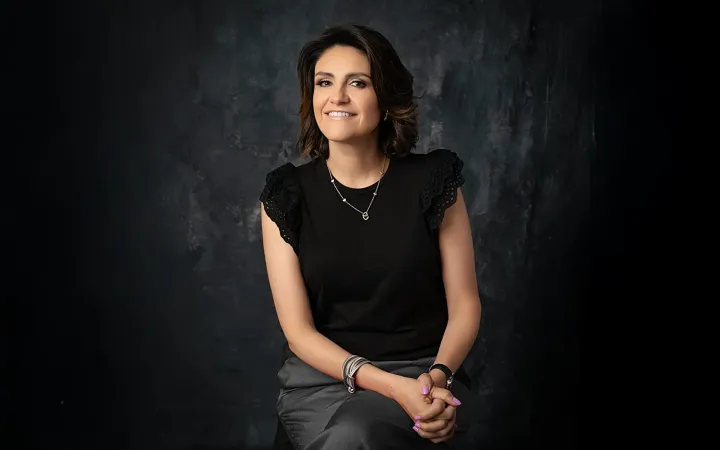Por Edelmira Cárdenas
En la era digital, las redes sociales se han convertido en un espacio de autoexpresión y conexión, pero también en un escenario donde la imagen y la percepción juegan un papel fundamental. En la necesidad de hacer match, conseguir alguna cita o acomodarse a los gustos y preferencias de quien nos observa, la gran mayoría de las personas hemos recurrido a una “ayudadita”. A medida que las plataformas visuales ganan predominancia, el uso de filtros en las fotografías se ha vuelto una práctica común, especialmente entre las mujeres que buscan atraer posibles parejas en su vida erótica. Sin embargo, detrás de esta necesidad de “mejorar” la imagen hay un entramado de presiones sociales, expectativas y autopercepción que merece ser explorado.
La cultura visual contemporánea está profundamente influenciada por estándares de belleza que son, en su mayoría, inalcanzables. Las imágenes que se encuentran en redes sociales a menudo representan un ideal de perfección que no refleja la realidad. En este contexto, los filtros se convierten en una herramienta que permite a las mujeres adaptarse a estos estándares, al suavizar imperfecciones, mejorar la iluminación y crear una apariencia más estilizada y atractiva. Esta práctica, aunque pueda parecer superficial, está arraigada en una búsqueda de aceptación y validación en un entorno cultural que constantemente evalúa y juzga la apariencia.
El uso de filtros también puede estar ligado a la intención de atraer a posibles parejas sexuales. En el mundo de las citas en línea, donde la primera impresión es crucial, las imágenes se convierten en una carta de presentación. Las mujeres, al usar filtros, buscan maximizar su atractivo y, en consecuencia, aumentar sus posibilidades de ser notadas. Sin embargo, esta necesidad de “ayudarse” a través de la imagen plantea preguntas sobre la autenticidad y la presión que sienten para cumplir con las expectativas del machismo.
Detrás de la decisión de utilizar filtros hay una compleja relación con la autoimagen, la autoestima y la autopercepción. Muchas mujeres pueden sentir que su valor depende de cómo son percibidas por los demás, lo que las lleva a buscar la aprobación a través de la apariencia. Este fenómeno no solo se limita a la búsqueda de parejas, sino que se extiende a las relaciones interpersonales en general. La necesidad de validación externa puede perpetuar un ciclo de inseguridad, donde sentirse bien con una misma se convierte en una tarea ardua y dependiente de la opinión ajena.
La facilidad de acceso a herramientas de edición y filtros en aplicaciones de fotografía ha hecho que la tentación por “arreglar” imágenes sea más fuerte que nunca. Aunque algunas mujeres pueden ser conscientes de que los filtros no representan su verdadera apariencia, el deseo de encajar en un ideal puede ser abrumador. La búsqueda de la perfección visual puede convertirse en una forma de autodefensa en un mundo donde el juicio y la crítica son inminentes. Al final, la imagen editada puede ofrecer una sensación momentánea de control y aceptación, aunque a costa de la autenticidad.
Sin embargo, el uso de filtros también puede tener consecuencias negativas. Al crear una imagen idealizada, existe el riesgo de que las interacciones en línea se basen en expectativas poco realistas. Esto puede llevar a la decepción cuando las citas se concretan, ya que la persona detrás de la imagen filtrada puede no coincidir con las expectativas generadas. Además, este ciclo puede contribuir a la perpetuación de la superficialidad en las relaciones, donde la apariencia se vuelve más importante que la conexión emocional genuina.
Suscríbete para leer la columna completa..




